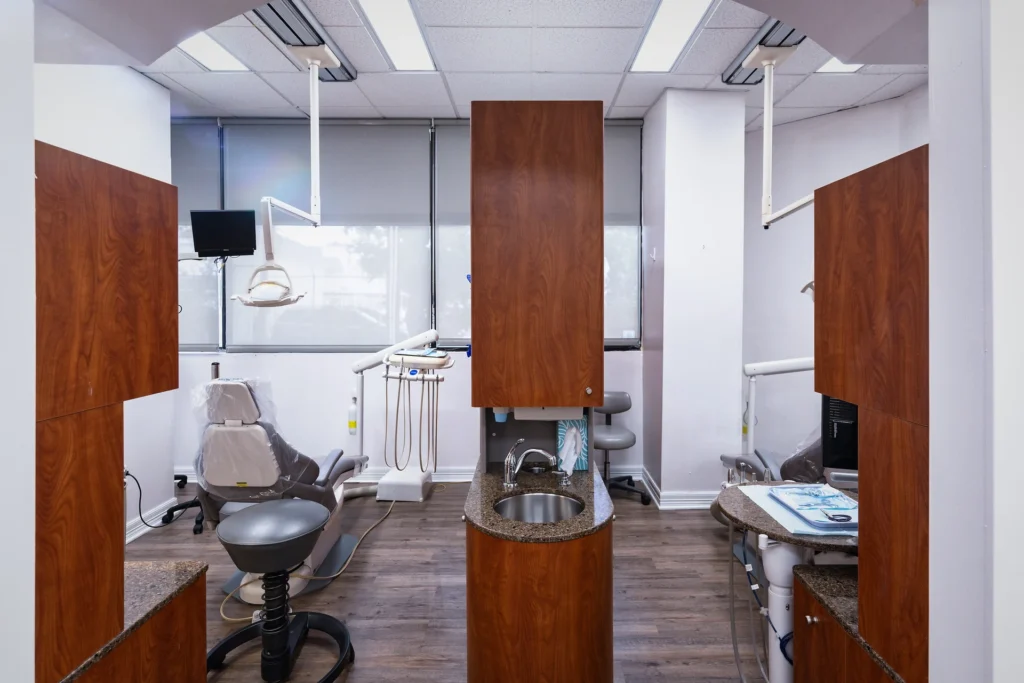How Periodontal Disease Treatment Enhances Oral Health

Introduction Periodontal disease, also known as gum disease, is a common yet serious condition that affects the gums and bones supporting your teeth. If left untreated, it can lead to tooth loss and other significant health issues. In this blog post, we’ll delve into what periodontal disease is, its causes, and how treatment can significantly improve your oral health. Understanding Periodontal Disease Periodontal disease begins with plaque, a sticky film of bacteria that forms on your teeth. If not removed through regular brushing and flossing, plaque hardens into tartar, which can only be cleaned by a dental professional. Over time, this buildup can cause the gums to become inflamed, leading to gingivitis—the first stage of periodontal disease. Progression to Periodontitis If gingivitis is not treated, it can progress to periodontitis, where the inner layer of the gums pulls away from the teeth, forming pockets that become infected. As the disease advances, these pockets deepen, and more gum tissue and bone are destroyed. Why Periodontal Disease Treatment is Crucial Common Treatments for Periodontal Disease How to Prevent Periodontal Disease Conclusion Periodontal disease is a serious condition, but with prompt and effective treatment, you can protect your oral health and prevent more severe complications. If you’re experiencing symptoms of gum disease, such as bleeding gums or persistent bad breath, schedule an appointment with your dentist to discuss the best treatment options for you.

